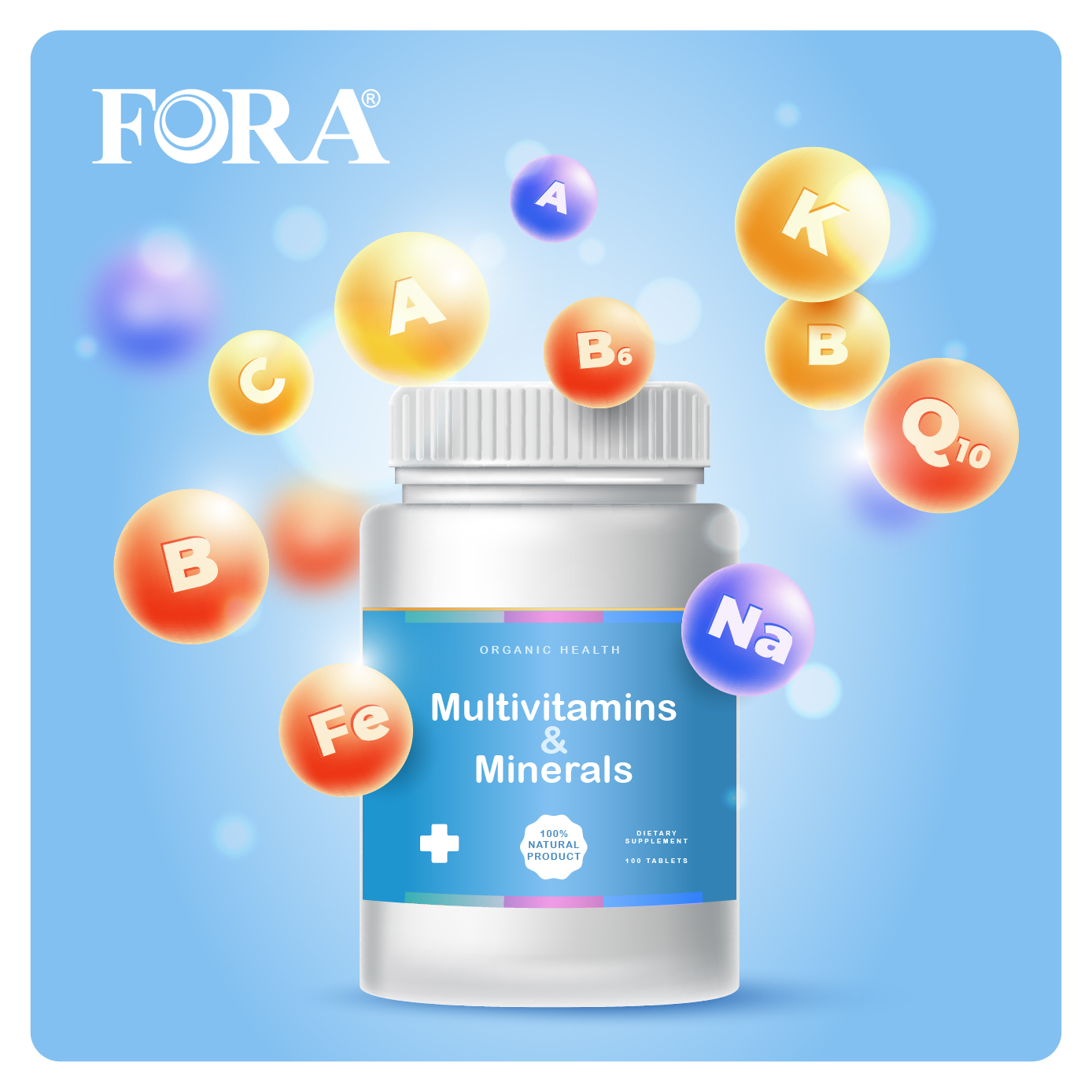Vitamins and Diabetes: What’s Recommended?

People living with diabetes have special dietary needs that should be supplemented with vitamins and minerals for best results.
While the effect of certain vitamins and minerals on diabetes is still being studied, there are some nutrients that those living with diabetes need to make sure they’re getting enough of.
This article will outline which vitamins are recommended for diabetics and how to make sure you’re getting them.
Why do diabetics require specific vitamins?
Diabetics need vitamins because they may not be eating enough fruits and vegetables.
Diabetics also have higher rates of vitamin deficiencies, particularly Vitamin C, vitamin D, thiamin, iron, and zinc. Some people with diabetes take a multivitamin every day, while others might need something more specialized like Vitamin B12 or iron supplements.
Talk to your doctor about whether these minerals might be right for you.
Best vitamins for diabetics:
Thiamin (b1)
If you have diabetes, you may be more likely to have lower blood levels of thiamin and are at a higher risk of deficiency. Thiamin can help relieve the pain of neuropathy.
Some good sources of thiamin include whole grains, nuts, legumes, beef, pork, cauliflower, eggs, potatoes, oranges, kale, and asparagus.
Vitamin B12
Vitamin B12 is important for a healthy brain and the health of red blood cells. A vitamin B12 deficiency can make things worse for diabetics who have nerve damage in their hands and feet. Researchers have reported that long-term use of Metformin, which is used to treat diabetes, can result in a deficiency of vitamin B12.
Common sources of this vitamin include eggs, fish, milk, and meat.
Vitamin D
Diabetics, listen up! Vitamin D is important for you. Here’s why:
Vitamin D deficiency can lead to diabetes. A scientific study has found that diabetics who have low levels of Vitamin D for a long time are more likely to have complications and die.
Therefore, make sure to eat a lot of liver, egg yolks, dairy products, and fish. Sun exposure that lasts between 10 and 30 minutes a day can also help you get more vitamin D.
Magnesium
Magnesium helps the body regulate heart rate, maintain a healthy immune system, and digest food properly. It can also help prevent insulin resistance, which is often associated with type 2 diabetes.
You can find magnesium in foods such as rice, nuts, beans, legumes, and green leafy vegetables, or you can take it in supplement form.
Vitamin E
Vitamin E removes toxins, oxygenates the blood, and improves insulin efficiency. Premature aging and cell damage can happen if you don’t take Vitamin E supplements. This can make you more likely to get type 2 diabetes.
Good sources of Vitamin E include sunflower seeds, almonds, hazelnuts, nut butter, fresh salmon, and avocado.
Vitamin C
If you have diabetes, you must get enough Vitamin C in your diet.
Vitamin C helps control harmful levels of sorbitol in the blood, which may damage kidney damage. It enhances insulin sensitivity, which can help them lower their blood sugar and improve their Hba1c levels.
Rich sources of vitamin C are fruits and vegetables such as bell peppers, sweet potatoes, guava, tomatoes, spinach, and strawberries.
Your doctor may order a blood test to figure out your vitamins and minerals level. Supplementing your diet with more vitamins and minerals can help you to live a healthy life.
Conclusion
There is clear relation between vitamins and diabetes management. With the advancements in the field of science and technology, nutritional interventions can help to reduce or even prevent miscellaneous risks that diabetes cause. Therefore, it is important for diabetic patients to incorporate these multivitamins into their diets, and also maintain their daily blood glucose monitoring efforts to ensure that their diabetes management is on track.
For self-measurement of blood glucose, ForaCare offers comprehensive diabetes self-care solutions. Among which is the FORA 6 series. The FORA 6 series is equipped with our revolutionary System In a Chip technology, which allows the measurement of multiple parameters in a single device. Thus giving you access to all the information you need to make the right medical decisions.